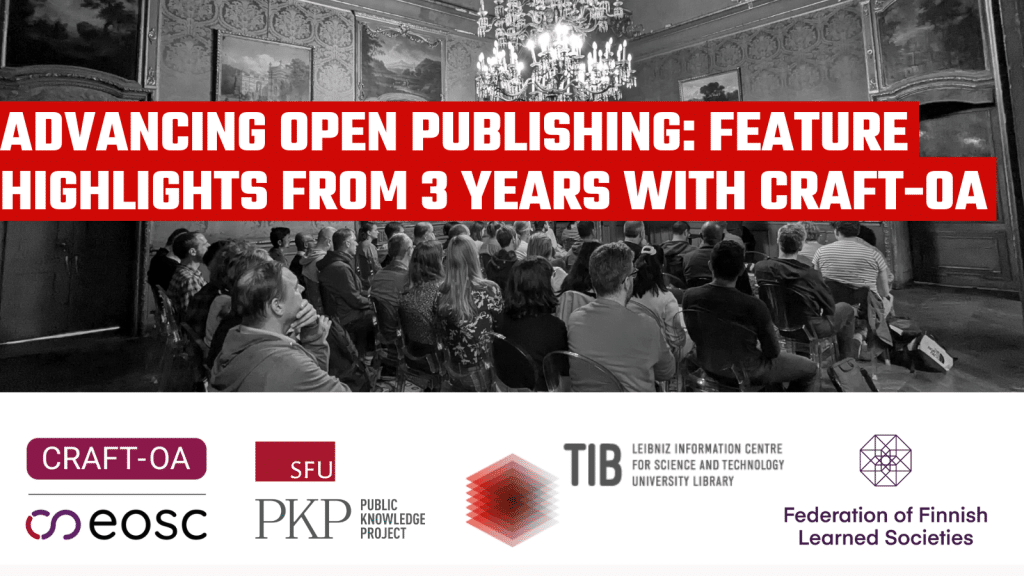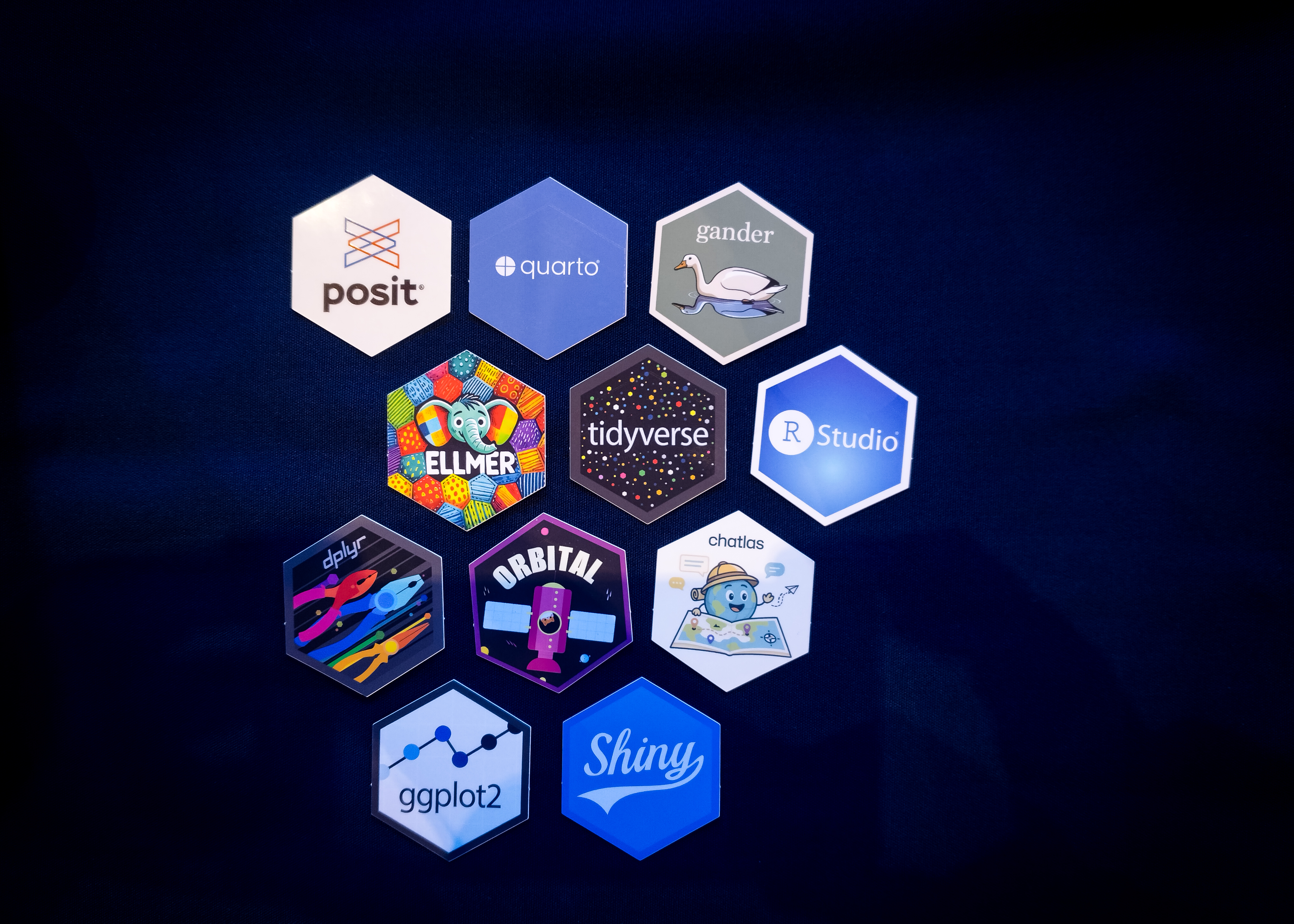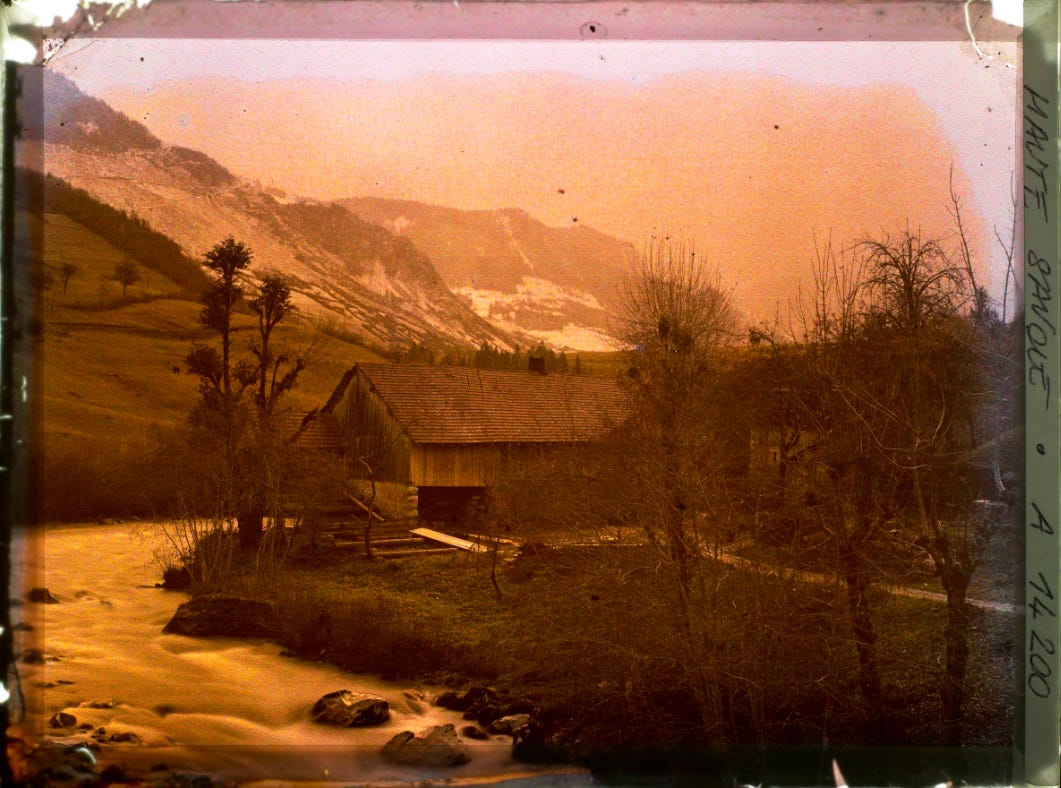
Strengthening multilingual publishing, metadata integrity, and integrating invitation-based roles and reviewers.

Strengthening multilingual publishing, metadata integrity, and integrating invitation-based roles and reviewers.

On October 15th, 2025, Technische Informationsbibliothek (TIB, the German National Library of Science and Technology) announced the PKP Open Journal Systems (OJS) Deutschland Consortium 2026 – 2028 on the TIB Blog. Diesen Beitrag auf Deutsch lesen. At PKP, part of our mission has always been to support sustainable, community-driven open scholarly infrastructure.
The post Instituting ‘Database as Book and Lively Community Archive’ appeared first on Copim.

People and Nature Reconciliation (PanNature) is a Vietnamese non-profit organization founded in 2006, dedicated to protecting biodiversity and promoting sustainable development. PanNature works to harmonize the relationship between people and nature through policy advocacy, field-based conservation, and community partnerships, aiming to improve environmental governance and ensure responsible use of natural resources.
Since the first recognition of conflict-related sexual violence (CRSV) by the International Criminal Tribunal for the former Yugoslavia (ICTY) in its jurisprudence Furundžija) to the recognition of gender as a ground for persecution by the International Criminal Court , International Criminal Law (ICL) has increasingly addressed CRSV, but there is ... The post 16 Days Activism Against GBV Series| Pursuing Justice for Survivors of CRSV in

On the 9 th of October, 1 I attended the Snowflake World Tour event in London. I was curious to learn more about Snowflake as more and more of the industry people I talk to seems to be using it. I also wondered if there was a use case for it for myself. Finally, I wanted to figure out if I should talk to my data analytics students about it. I went there and had an enjoyable day, but what did I learn?

I was on the road for most of August, September, and October, and in particular I made a ton of museum collections visits. When I visit a museum collection, I bring a specific set of gear that helps me get the photos, notes, and measurements that I want.

The Rogue Scholar science blog archive started work on improving the subject classification of blog posts, using an open approach to subject classification developed by CWTS and OpenAlex.
Welche Regeln des Urheberrechts gelten für die freien darstellenden Künste? Was müssen Personen beachten, die Aufnahmen aus diesem Bereich beim Digitalen Archiv der Freien Darstellenden Künste hochladen oder nachnutzen wollen? Diese und mehr Fragen beantwortet die neu erschienene Handreichung. Über die Inhalte gibt es hier einen kurzen Überblick.

R updates (R Data Scientist, R+AI conference, R weekly), Claude 4.5 Opus, Genesis Mission, AI+science, AI updates (Posit, AI Data Scientist), missing heritability, AI+edu, biotech, AIxBio, new papers

A question of optimism